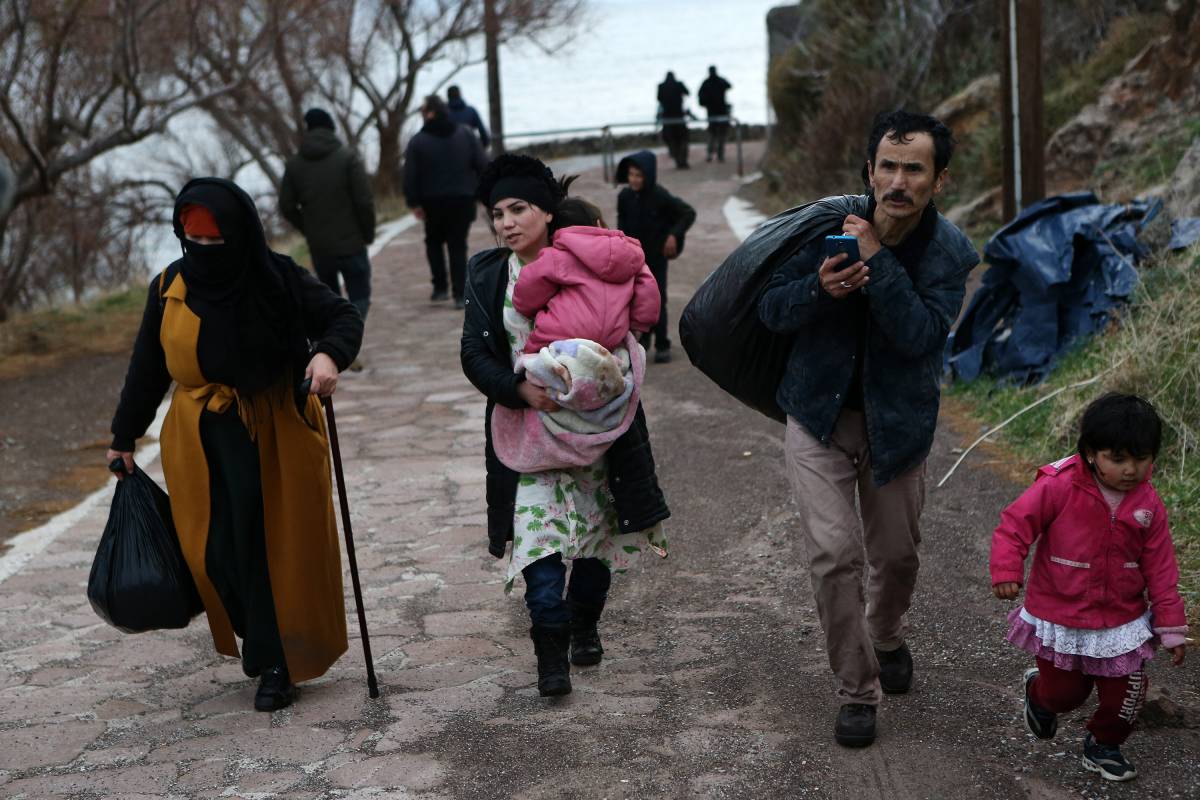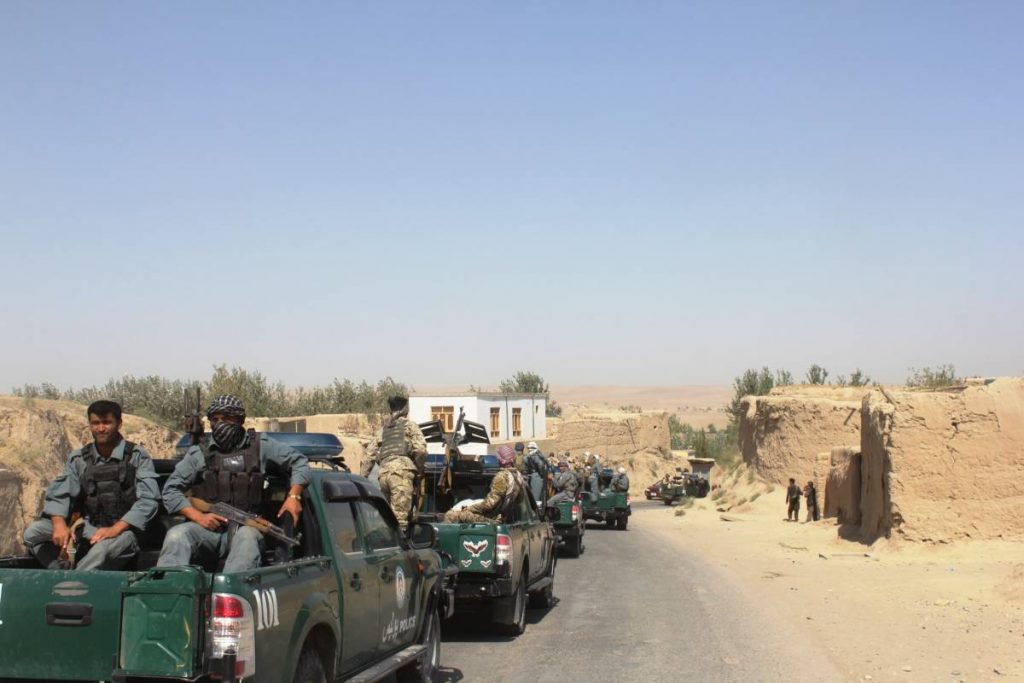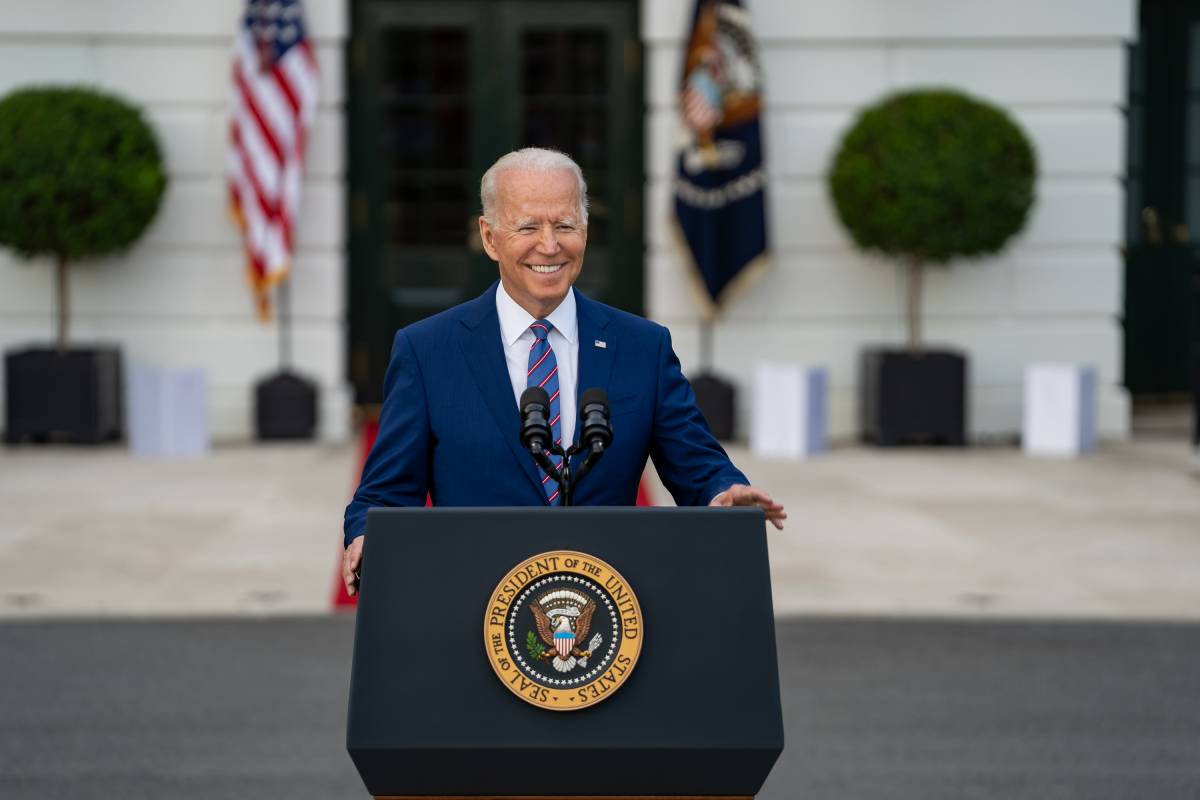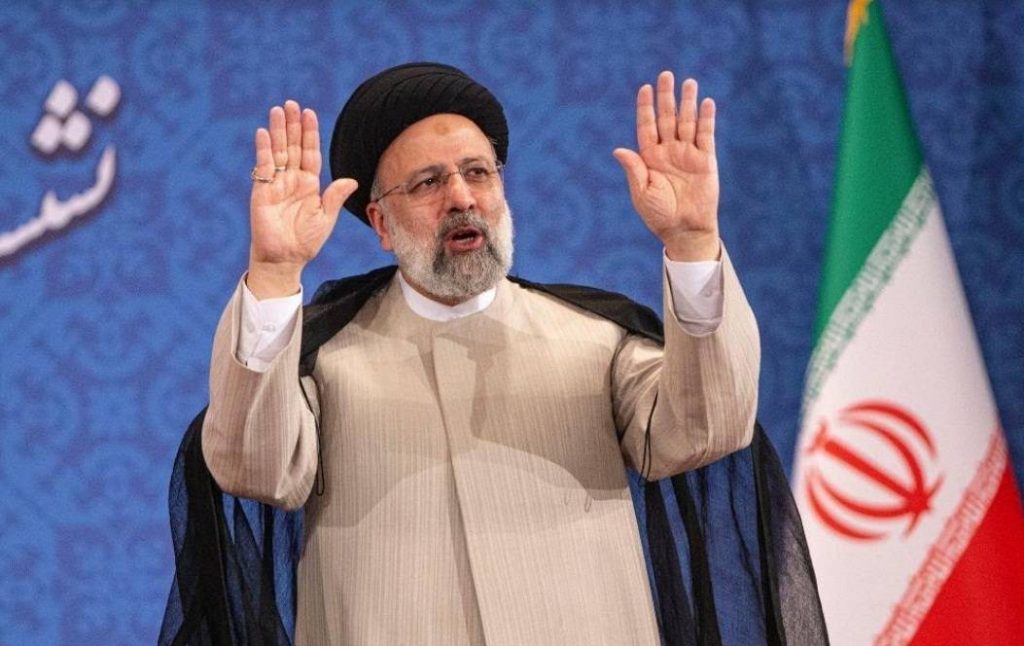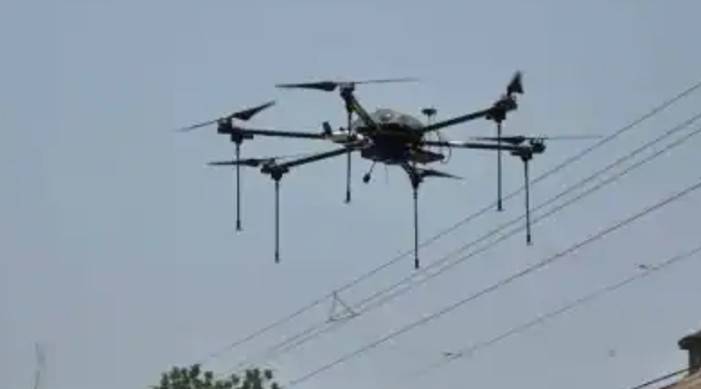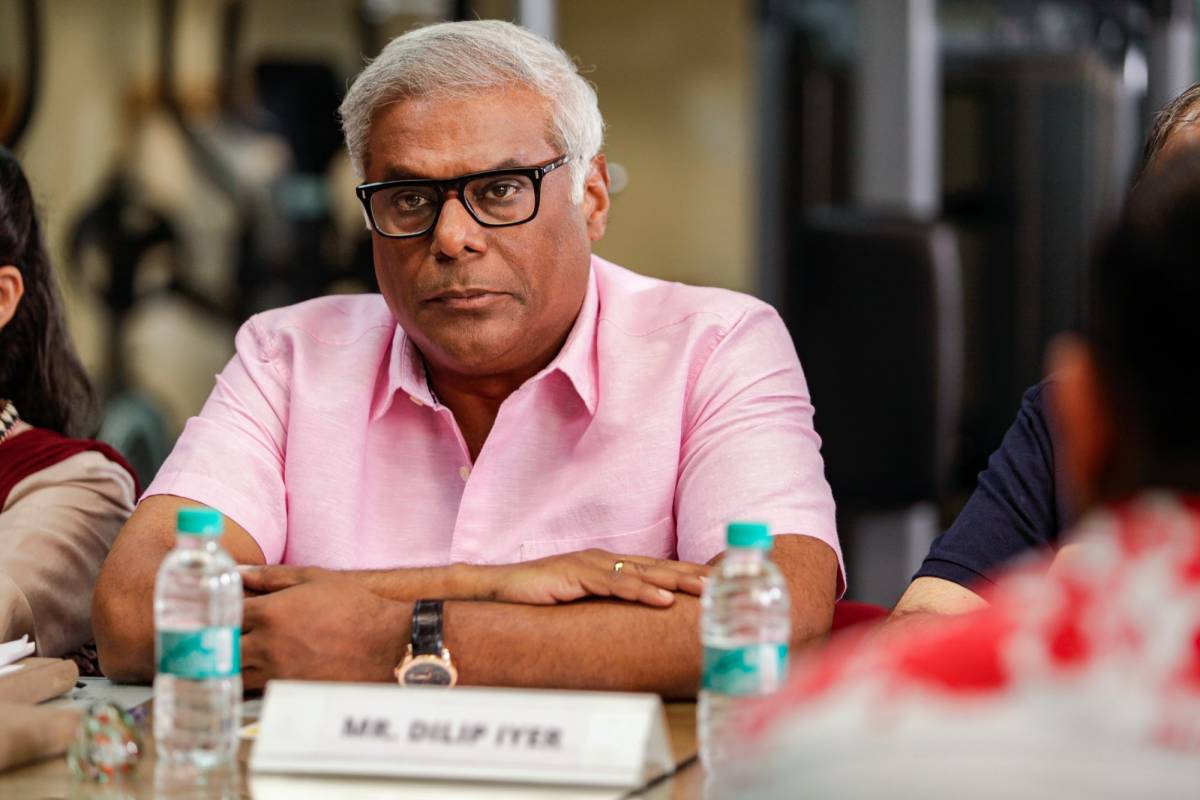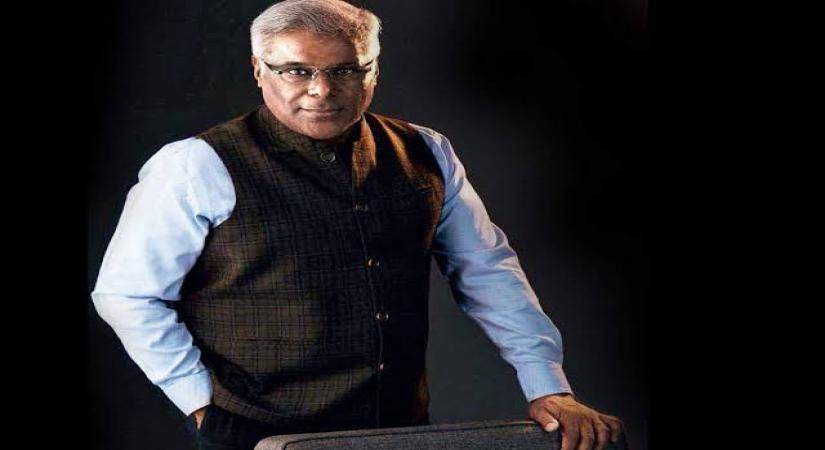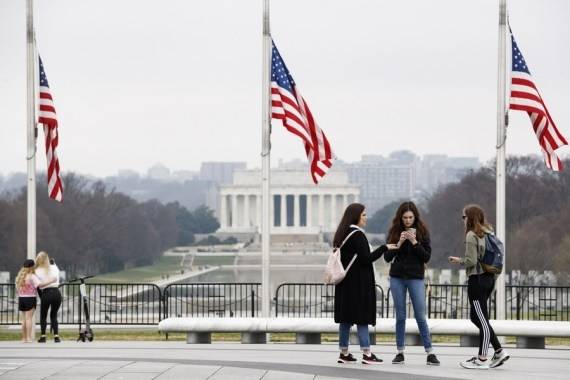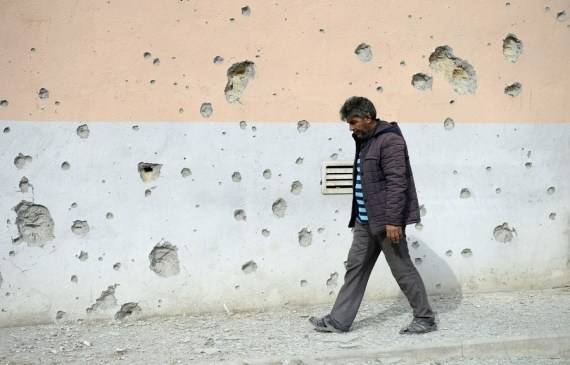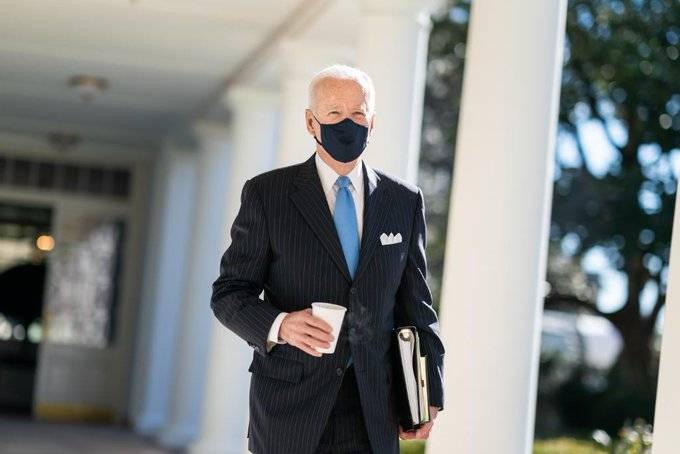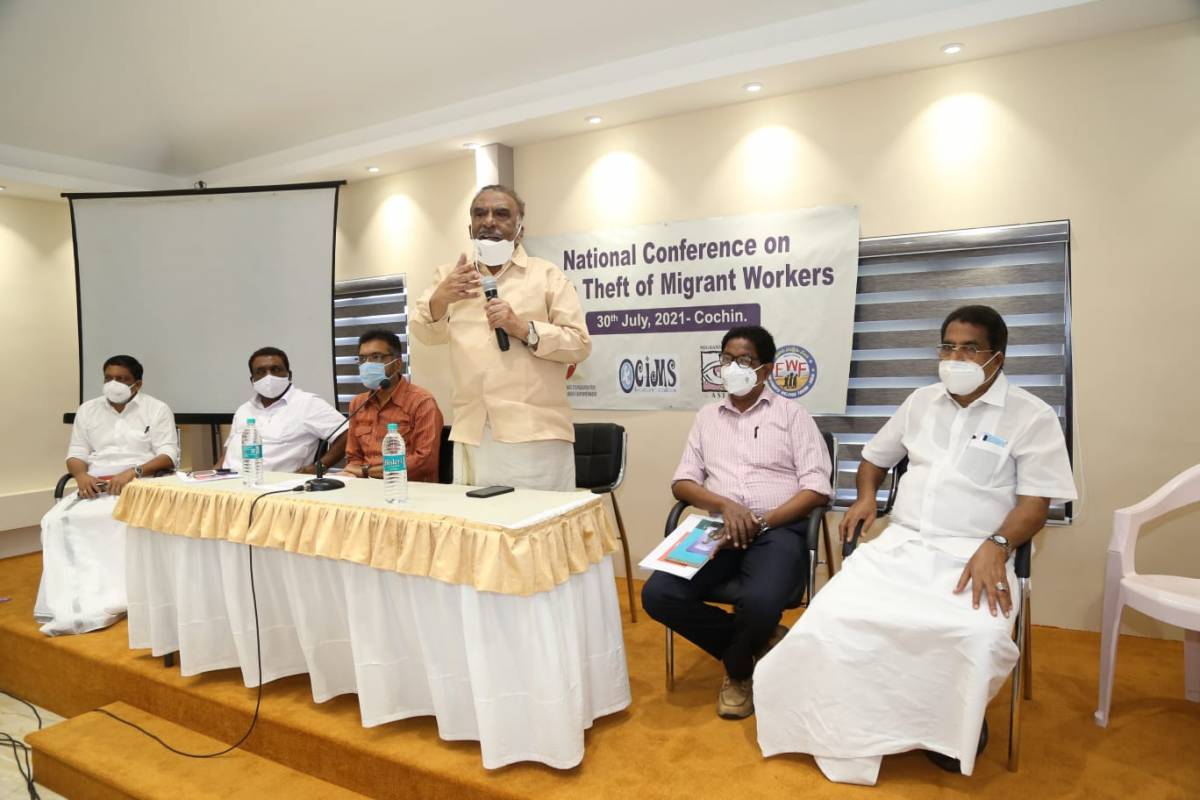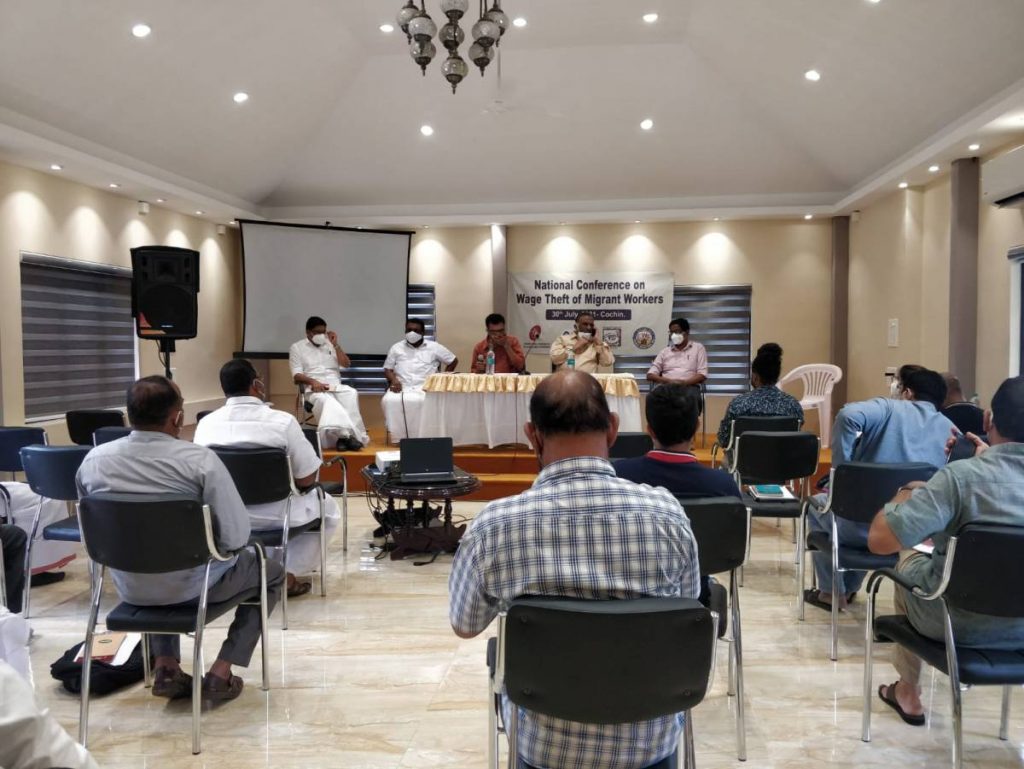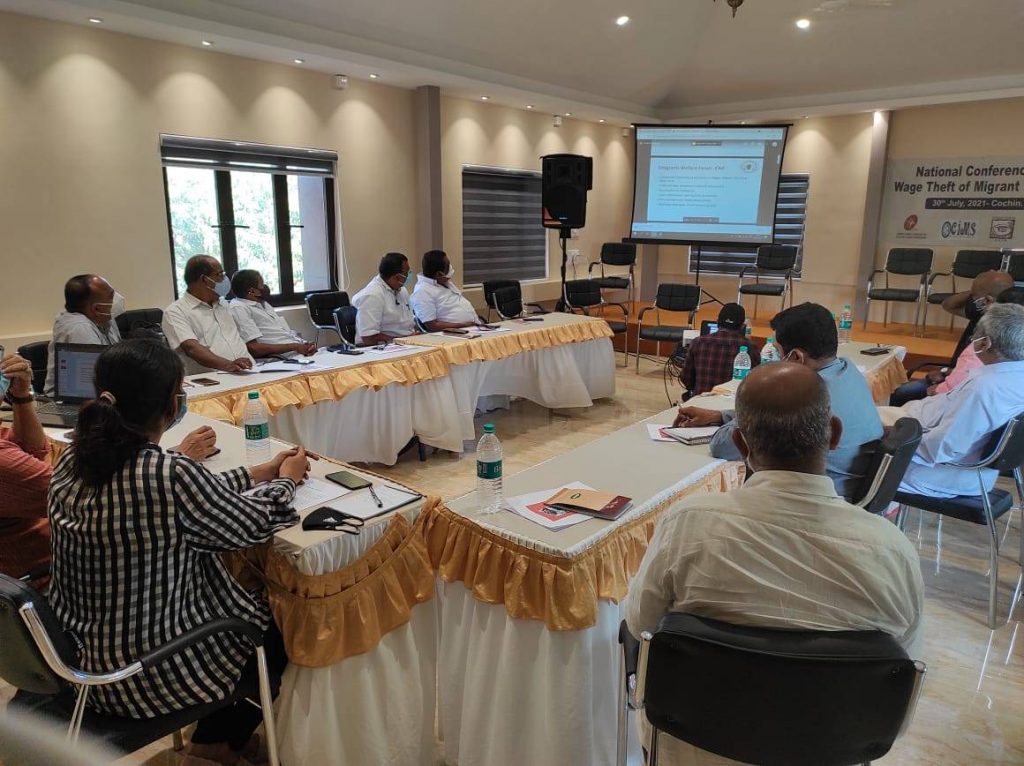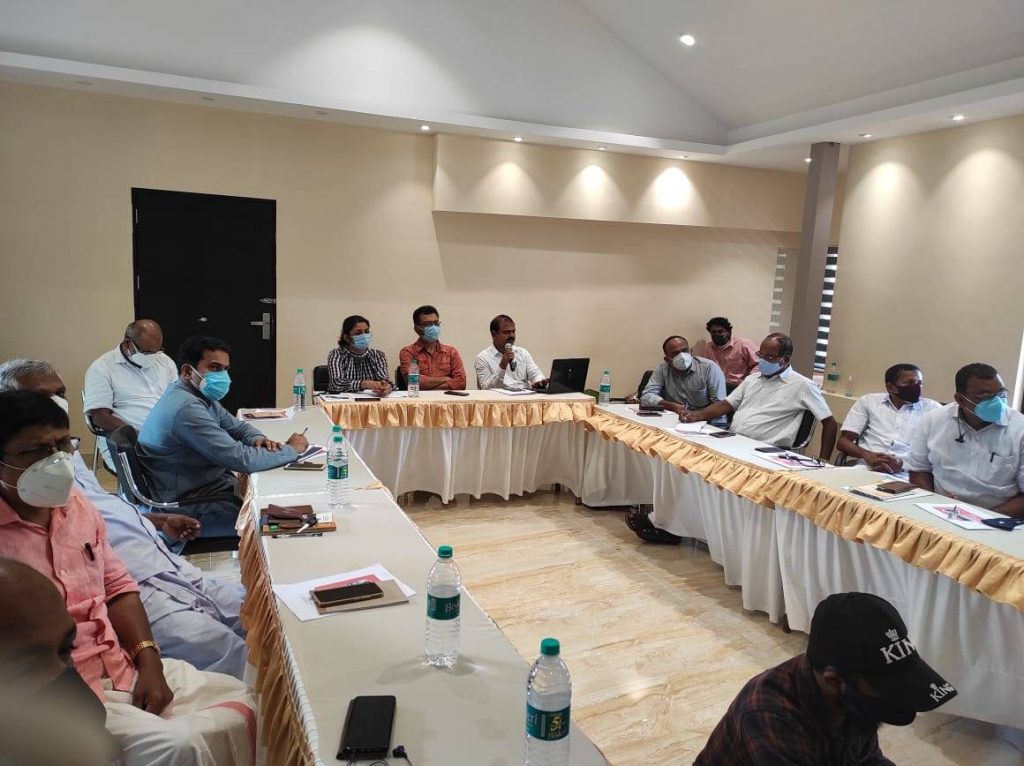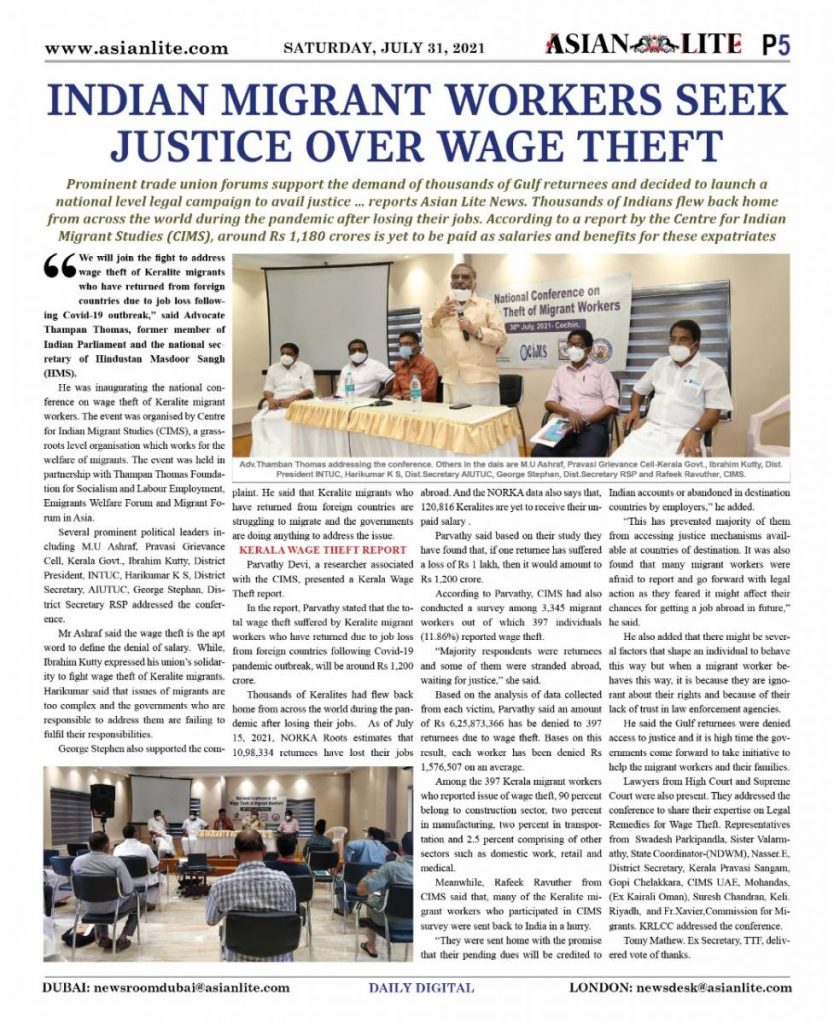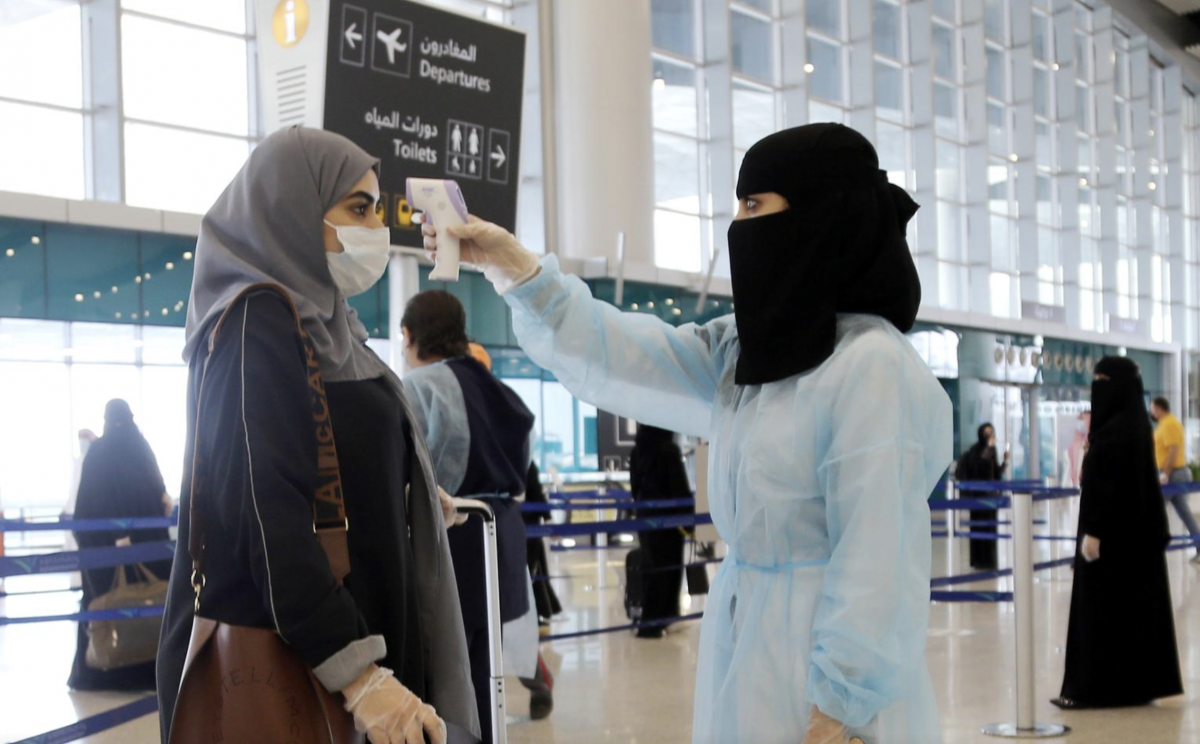Asked how she conceptualises the story and the protagonists, who often tread in the grey area between ‘good’ and ‘bad’, Tandon told…writes Siddhi Jain.
In an engrossing new anthology of 13 contemporary short stories by debut author Bindu Tandon, titled ‘Of Beasts & Beauty’, what shines through the undertones of crime, conflicted relationships, power hierarchies and gender dynamics is the raw human experience that connects us all.
In the recently-released title, Tandon explores the complexity of human psyche and experience in the Indian context through powerful, intense storytelling that simultaneously packs a punch and provokes thought. The ‘shorts’ weave an intriguing narrative dramatizing the everyday Indian life. They are published by Rati Books, an imprint of Garuda Prakashan.
In the book, the author goes beyond the distinction of vice and virtue, and leaves this decision open-ended for the reader.
Asked how she conceptualises the story and the protagonists, who often tread in the grey area between ‘good’ and ‘bad’, Tandon told:
“As I unravel ‘behaviour’ — mine and that of others — I often find that it’s not just the deed, but also the ‘intent’ behind the act, that changes how I define the act. That is the ‘grey area’ you refer to. And in erasing or in not recognizing this distinction, I think we become hypocritical and we go down the slippery slope of labeling behaviour as good or bad. Do I believe that there should be ‘no consequences’? Not at all, we have to be ready to take the consequences of our actions.”
Tandon adds: “I want my reader to recognize people in their world in my stories. And find that dimension in them that might have eluded them in real life. I want my stories to bring alive the modern, flawed, beautiful young and old distinctly contemporary Indian, that is present in very few stories.
“These stories are about the wide world that interests me. Drawn from travels and a global perspective largely devoid of prejudice. I guess my desire to not judge, not condemn and not arrive at quick everyday conclusions, which is a part of me is revealing itself to you as ‘layered thought’.”

After being in the management of a leading media organisation and managing a publishing house, the Mumbai-based author continues her tryst with black ink on white paper in her first book of short stories.
“I want you to feel pain, exultation, agony, hate and joy, as you read these stories. Feel, viscerally, to the very core of your being, a common thread of humanity that runs through each of these 13 stories. Acts of violence make beasts of us all, whether you live in a big city or a small town or village. I have written to understand the hearts and the minds of people scarred by such acts, whether as victims, perpetrators or merely as innocent bystanders. I want you to decide who is a beast, and which act represents beauty,” says Bindu.
The author is also working on her first novel which she expects to complete by the end of 2021.
ALSO READ-Five books for your summer reading list


